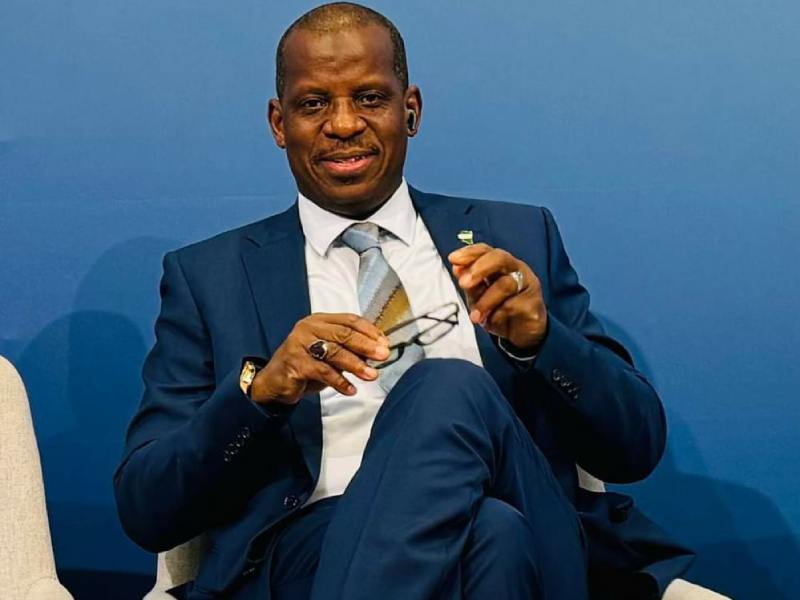Journalists Must Innovate to Combat Misinformation, Says NAN MD

By Chinwendu Agoha (Media & Governance Reporter)
For Journalists not to continuously engage in one-size-fits all communication approach, they must be very innovative in the discharge of their professional job, the Managing Director of the News Agency of Nigeria (NAN), Mallam Ali M. Ali, has advised.
He spoke in Abuja last Monday at the First National Roundtable on ” Asymmetrical National Security Challenges, the Army and National Development” organised by Nigerian Army Resources Centre in collaboration with Development Specs Academy.
Ali who spoke on the topic, ”Professional News Management as panacea for Infodemics, Misinformation and Fake news", underscored the importance of such discussion at this period. Hecommended the organisers of the event, saying,”This development rightly ought to be a source of concern and it is gratifying that the Nigerian Army Resource Centre and its partner, the Development Specs Academy, have given this issue more than cursory attention.”
The NAN boss further stated that, “Today, the media globally plays a very important role in practically every aspect of our lives. There is literally no international boundary to knowledge as the media provides the platform to spread information, news as well as entertainment from one part of the world to the other with just a click.
“Artificial intelligence technologies for example, with their capability to generate convincing fake texts, images, audio and videos (often referred to as ‘deepfakes’), present significant difficulties in distinguishing authentic content from synthetic creations.
"This capability lets wrongdoers automate and expand disinformation.This is why it is essential for communication specialists to critically evaluate information and sources in order to mitigate damage done as well as promote a safer and more informed public discourse,” Ali said.
The NAN Chief Executive Officer offered that the global space has been shrinking and marked by exponential growth in media convergence and artificial intelligence, the dampers of infomedics, misinformation and fake news. He gave a detailed explanation to the concepts as well as effects of Infodemic, Misinformation and Fake News to the society with relevant examples from contemporary issues happening in the country.
Ali also proferred ways by which communication specialists can sustainably mitigate the damage wrought by adversarial report as well as manage information in a way that will promote the public good
OPITIONS/WAY OUT:
He said we must first of all, "uphold truthfulness and accuracy in combating infodemics, misinformation and fake news if we are to build trust with the public. The authenticity of a message reinforces that copy or communication. When people perceive the message to be authentic, they tend to believe it the more and show understanding. Genuineness or sincerity is critical in winning the people over.
For example, through sustained information outflows by certain institutions (Army, Police, first emergency responders, Lagos government etc,) the Lekki Gate false narratives during the #EndSARS protest was debunked as a ” massacre without bodies!”
For example, through sustained information outflows by certain institutions (Army, Police, first emergency responders, Lagos government etc,) the Lekki Gate false narratives during the #EndSARS protest was debunked as a ” massacre without bodies!”
Secondly, "we must also be timely in countering misinformation. This entails striking a balance between speedily responding and the volume of information available. A burning issue should not be allowed to fester before we react although there are times when silence is said to be golden until an auspicious time when a valid response would be desirable.
Thirdly, "Because misinformation and fake news are crafted to be sensational, we must also craft our responses in an interesting manner that would attract attention given the crowded media space and the competition for attention.
"We must also work with friendly media influencers who are credible and have the capacity to push out copies which grab media attention.
"Regular communication through constant engagements is critical, especially for institutions of state. They must always talk to the people and not the people begging them to react to issues as they break. In effect, we must be proactive rather than reactive in communication.
"Institutions of state in particular must promote digital literacy among their communications professionals, especially now that the media landscape is constantly in a state of flux. NNL.

